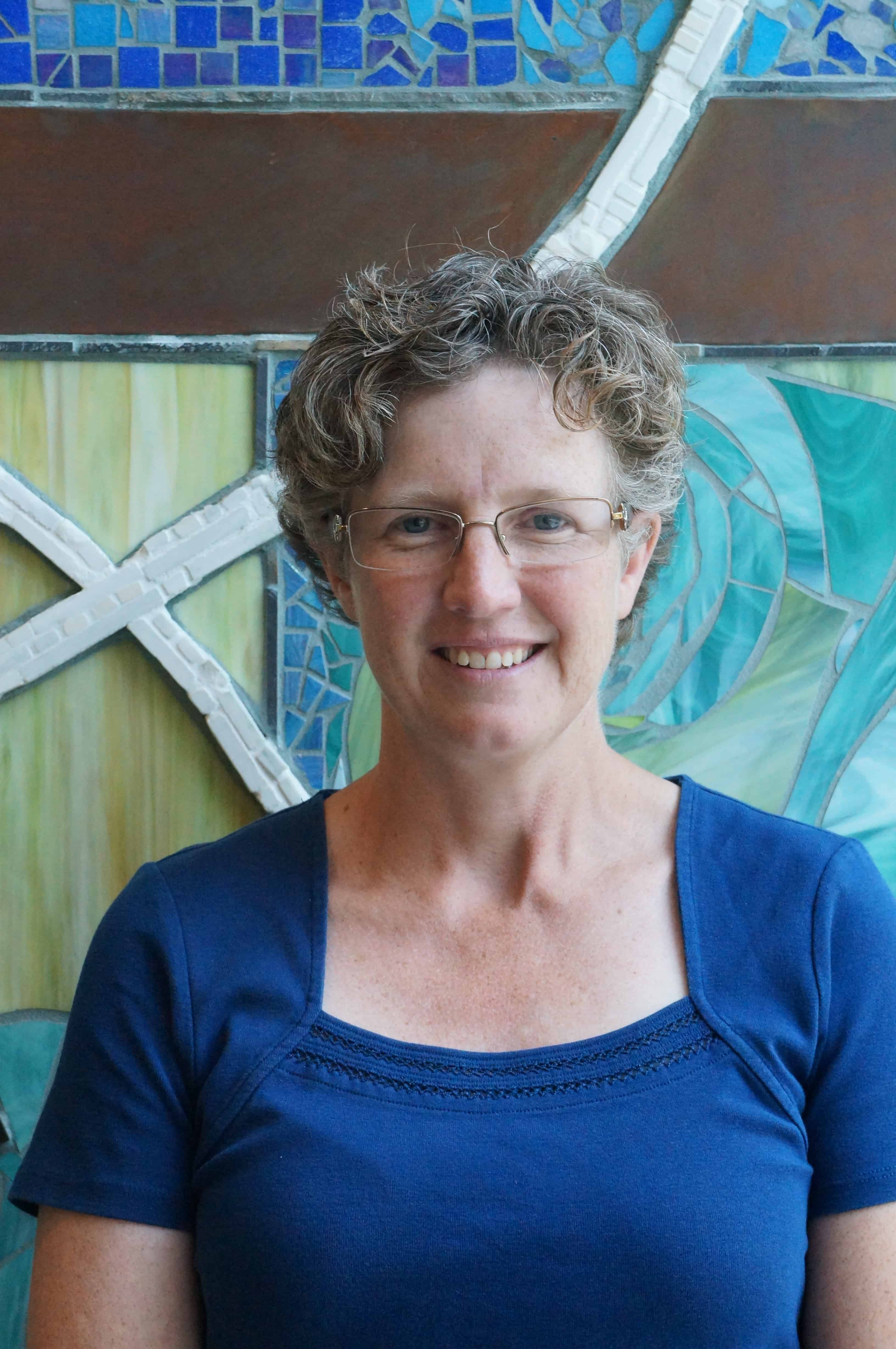Teenage years are some of the most turbulent in our lives, as we grow and come to terms with our identities. Those with mental illness face additional hardships during this time, especially if they have not been diagnosed properly.
Child and adult psychiatry are two distinct departments. However, the transition between these two stages of life — ages 14 to 25 — is especially difficult for those with mental health disorders. Some researchers believe that early symptoms of psychosis can develop during this transitional phase, often going undiagnosed.
Joanna Henderson and Aristotle Voineskos, Assistant and Associate Professors respectively in the Department of Psychiatry at the University of Toronto, want to change this. Henderson and Voineskos are launching a new research project for determining early symptoms of psychosis so that patients can be treated as early as possible.
Henderson and Voineskos will monitor 200 youth and young adults diagnosed with mental health issues, track their progress, and see if they can identify specific markers associated with psychosis.
Henderson and Voineskos both work at the Centre for Addiction and Mental Health (CAMH), the largest mental health and addiction teaching hospital in Canada. CAMH combines clinical care, research, and education to help those with mental health issues.
Henderson and Voineskos both have an interest in youth psychiatry. As a graduate student, Henderson volunteered with TAPP-C, an arson-prevention program at CAMH for youth who have set fires. Henderson is now a clinical psychologist and scientist at CAMH, where she works with youth and young adults to determine their treatment needs.
Youth services often cater to those between the ages of 12 and 24, but the diversity of needs within this age group can be overwhelming. On CAMH’s website, Henderson said, “[It is a fallacy to think that] children and youth share a lot of commonalities as a group, when really where a 12-year-old is and where a 20-year-old is, in terms of needs and complexity of care, can be vastly different.”
Voineskos uses multi-modal neuroimaging and genetics to map how genes affect brain circuitry over the lifespan of a mental health patient. His findings can be used for early symptom detection and disease prevention. Voineskos is also the Director of the Slaight Family Centre for Youth in Transition, and Head of the Kimel Family Translational Imaging-Genetics Laboratory.
Symptoms of psychosis only appear in mid to late adolescence and it is unclear what contributes to a higher risk of developing psychosis later on in people’s lives. Henderson and Voineskos’ work focuses on the number and severity of psychosis symptoms over time and how the symptoms affect overall functioning.
Voineskos believes that studying children and youth for early symptoms of psychosis will help inform adult psychiatry and could be a strong predictor for the development of the illness. In an interview with U of T News, Voineskos said, “One place we often forget to look at is young people who already have a mental health condition. Early psychosis has typically been the domain of adult psychiatrists, but we really need to partner with child and youth psychiatrists to understand trajectories of development and illness.”
In terms of treatment, our current system is adequate. Youth who have been diagnosed with psychosis are usually prescribed medication and are referred to a psychiatrist. However, there are still setbacks for diagnosing psychosis. There is often a delay between the onset of psychotic symptoms — up to nine months — and treatment. Also, notions that mental illness ‘isn’t real’ or ‘only in someone’s head’ prevent people from seeking help.
Furthermore, once a youth is assessed, there is still the challenge of determining the cause of their disorder. This process is often time-consuming and inconclusive. Some studies have shown that 55 per cent of patients will have their diagnosis changed within two to six years of their initial diagnosis.
Henderson and Voineskos want to streamline the diagnosis process with their early screening project. Henderson said, “Ultimately we hope that any new insight into early signs of psychosis will help us build a better model of care. Our approach is focused on partnering and collaborating with different health-care teams and building capacity in the system.”
Early diagnosis of mental illness is vital to ensuring that youth manage and thrive with their illnesses later on in life.


